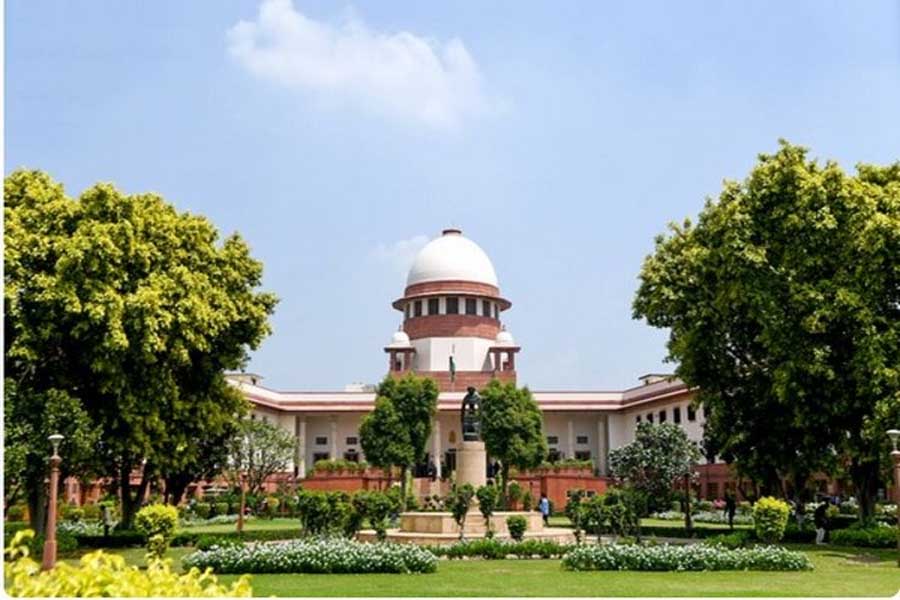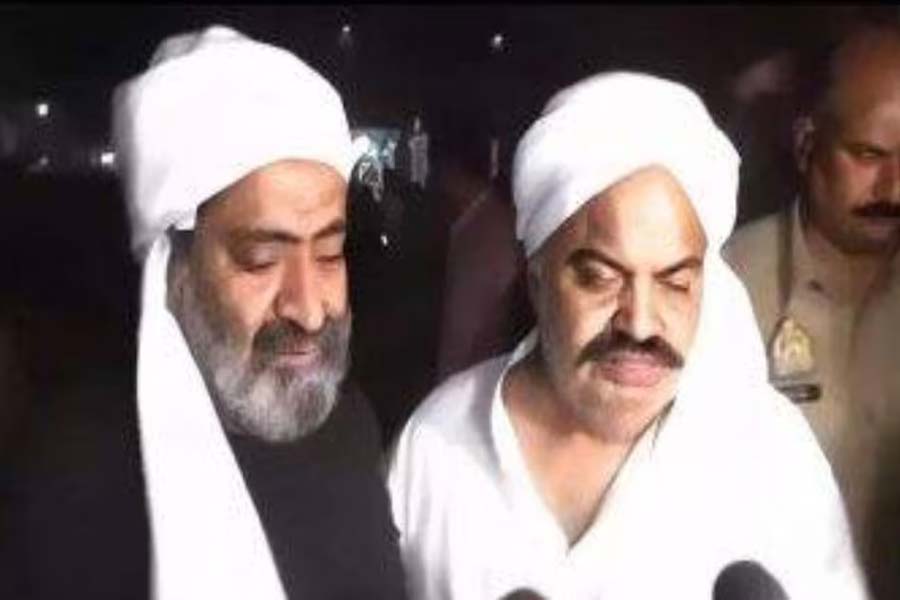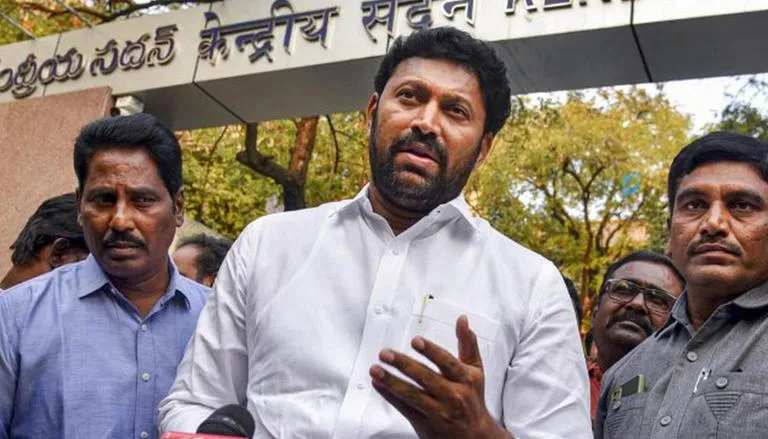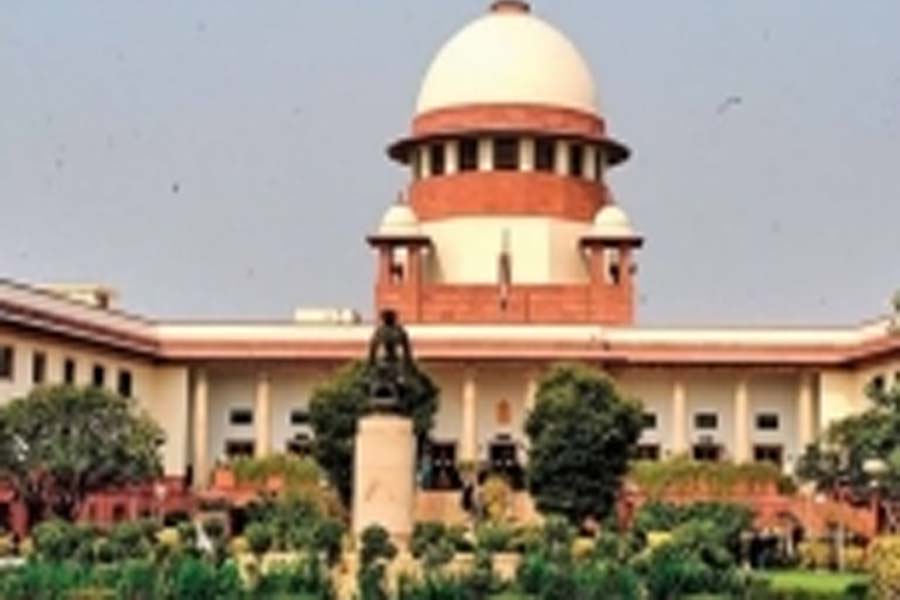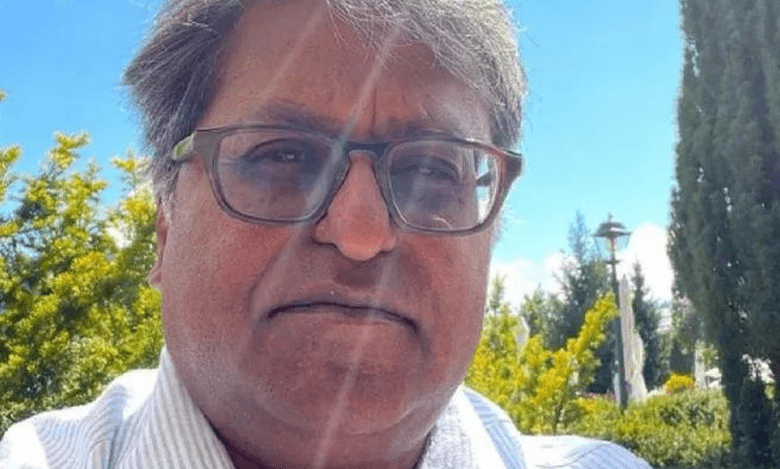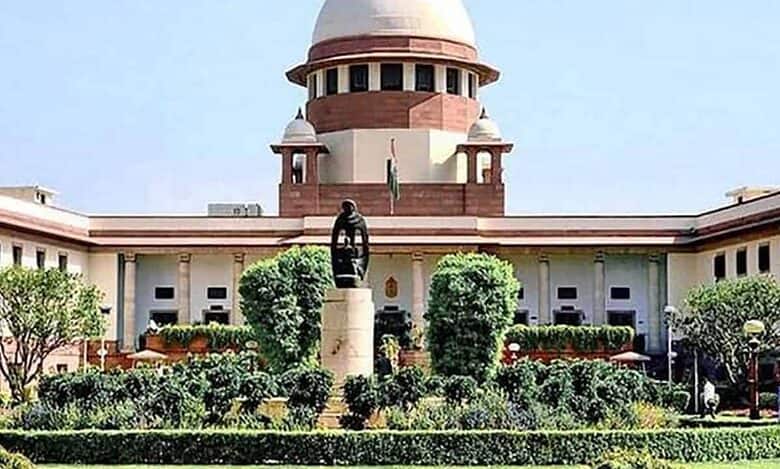By PTI
DHARWAD: Karnataka Chief Minister Basavaraj Bommai on Tuesday said the state government will not implement its decision to scrap four per cent reservation for Muslims in 2B category of the ‘Other Backward Castes’ till the hearing in the Supreme Court is completed.
He emphasised that the reservation for 17 sub-castes of extremely backward Muslims who are placed in Category-1 and Category 2-A have not been touched.
“We had decided that till the time the hearing is complete we will not take it forward. Court has not given any stay.
We only have said that you (SC) hear the case; so long the case is heard, we will not implement it,” Bommai told reporters here.
He was reacting to the Supreme Court’s direction to the Karnataka government not to implement its decision of scrapping four per cent reservation for Muslims till May 9 when the matter will be heard.
At the fag end of its term, the BJP government decided to abolish the four per cent reservation for Muslims under 2-B category.
The four per cent was later split into two equally and distributed among the two dominant communities of the state – Vokkaligas in 2-C category and Lingayats in 2-D category.
“There are about 17 sub-castes within Muslims – Pinjar, Darzi, Chakarband. Those are still in the backward classes only under Category-1 and 2A. Those who are extremely poor are still in those two categories,” Bommai said.
He also said that the Muslims have been placed in the Economically Weaker Section category which is entitled for 10 per cent reservation.
“Those who were getting four per cent have been put in the 10 per cent category. This way, no injustice has happened,” Bommai explained.
In her reaction, the Union Minister of State for Agriculture and Farmers’ Welfare Shobha Karandlaje said the Constitution of India does not permit religion-based reservation.
“The previous government had introduced it as part of its appeasement politics,” Karandlaje said.


